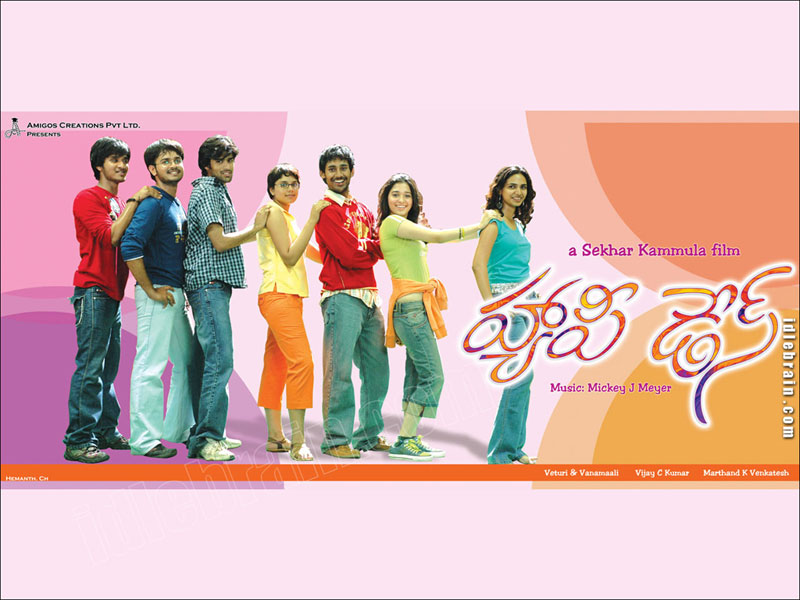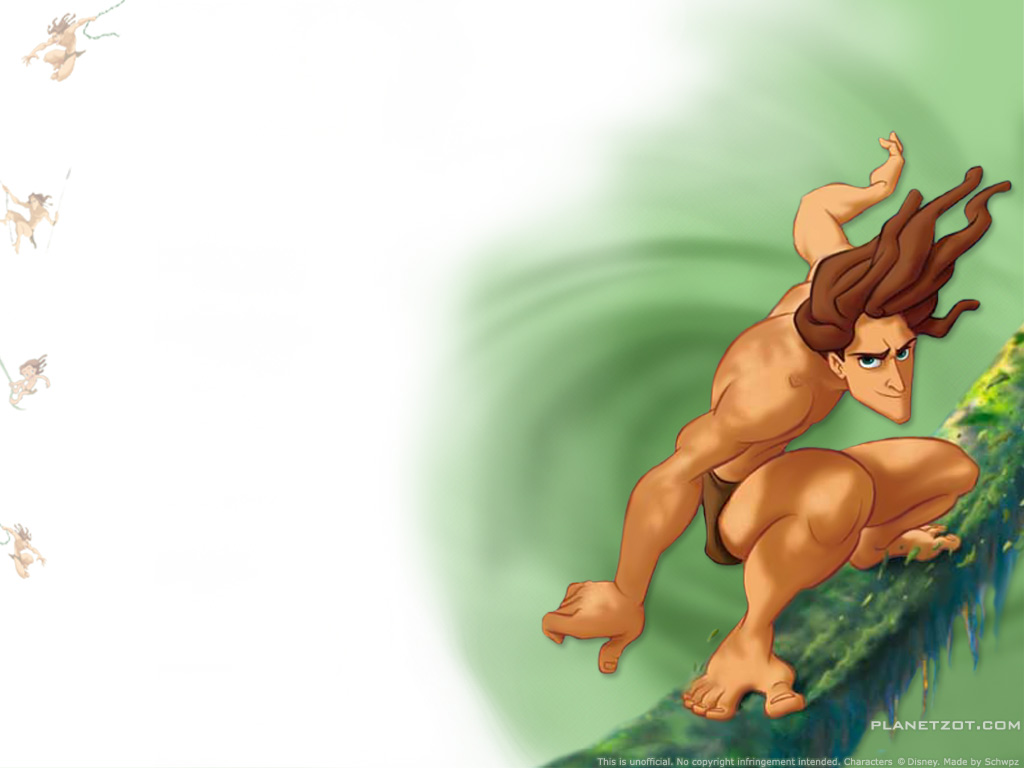
Shimit Amin seems to be shaping up as one of India's best directors. This is his second movie, and both were excellent, multi-faceted and multi-layered movies. According to wikipedia,
Chuk De India received mostly negative reviews from film critics -- scores of 2/5 and the like. Perhaps the critics are a big impediment to good cinema in India. This movie is definitely up there, just a little below
Lagaan and other classics.
Chuk De India is a movie with hockey as a central theme, but it is about much, much more than hockey. It makes statements on so many levels that it is worth spending some time on them.
Most Bollywood films are not really pan-Indian in spirit. They divide India into zones:
- "India": The "real" India consists only of Maharashtra, Punjab, Rajasthan, UP and to a lesser extent Bihar, Bengal and, especially in older films, Kashmir.
- "South India": Everyone living "over there" is a "Madrasi". According to Bollywood, these are weirdos who have heads smeared with vibhooti and start their sentences with "AAAIY AAIYA JEE... AAMA AATA JEE..." type nonsense popularized by Mehmood and assiduously cultivated by Bollywood ever since.
- Nonexistent India: The rest of India, especially the North East (Assam, Tripura, Sikkim, Nagaland, Arunachal, Manipur, Mizoram, Meghalaya), Orissa, and to some extent MP are completely left out of all Bollywood films.
First of all, this movie lampoons stereotypes (which, sadly, Bollywood propagates).
- It actively seeks to break the South Indian stereotype, but it does fall short: it makes the common mistake of pronouncing and spelling "Telugu" as "Telegu". This shouldn't have happened in a film that is making it a point to show that Telugu is not the same as Tamil. But that's really nitpicking, the spirit was right.
- We see much more of Europe, America and Australia in Bollywood films than some parts of our own country. This film features individuals from Manipur and Mizoram and makes it a point to note that they are as Indian as anyone else. Again, the film falls a little short of the mark: none of the people who are not from traditional Bollywood's "core India" get a major role.
- In India, Cricket is treated as being the only worthwhile sport. A lot of characters in the film look down upon hockey -- an impediment that the players have to face. It was an interesting decision to use hockey instead of cricket in the movie. Director Shimit Amin handles this very well. By the middle of the movie, I was quite excited about hockey.
Next, this movie makes a very strong statement on women's rights. This forms a theme that runs throughout the movie: the women are expected to give up what they want for families and boyfriends. None of this is over the top; it is handled with fine balance, showcasing the frustration of women who are on the edge of something great but have no one to share it with, least of all their families.
For a change from typical Bollywood movies, all of the characters are developed well in this movie. Each one has a little story, ordinary but interesting. The team members' quirks are alternately amusing and aggravating. The interactions between the members of the team are normal -- seniors bullying junior players, people taking a dislike to each other because of some initial incident, cliques and factions with grouches against each other or against the coach. Much of the movie is a well-paced story about how the players and coach gradually grow to like each other and come together as a team.
Shah Rukh Khan is finally displaying what a good actor he is. He always had the potential, but for the first 10 years or so of his career chose films requiring fairly ridiculous "M-M-M-Main-Main T-T-T-Tu-Tu" type stuttering as a substitute for comedy and an identical persona in roles that were really quite varied. I didn't like him in those years, but his role in
Swades was great. In
Chuk De India, his character is not fleshed out in much detail. The character had an incident when he was a hockey player 7 years before the main events of the movie, was branded a traitor and had to go into hiding, a button that's easy to push. For most of the movie, he is a tough, impassive coach: a role that doesn't require much acting. But for all that, Shah Rukh handled the role reasonably well.
Chuk De India also has high levels of realism, a quality Amin also displayed in his
Ab Tak Chchappan. Indian sports movies typically feature actors who very obviously can't play the sport. Most of the realizations of Indian scenes are unrealistically glamorous: posh bathrooms,designer clothes, and over-the-top attitudes are pleasantly missing from this movie.
Chak De India's actors
look like they can actually play hockey. And they behave and live like real Indians. And the facilities in the movie look like real Indian facilities. When the team ends up in Australia, the scenes there and the reactions of the Indian team are very believable.
The sport itself is showcased much less that I would have liked. Although the nature of the movie draws the audience into the game, there are no cool hockey moves or tricks, nothing that would excite anyone actually interested in the game itself. None of the type of magic that prompted officials to inspect Dhyan Chand's hockey stick! There are some scenes where the coach plans strategy with the players, but these are just atmospheric scenes. The strategies are not shown in the movie. This is the one area where I felt the movie could have done better.
Overall, it was a fantastic movie. India needs more movies as balanced as
Chuk De India, and it needs more directors like Shimit Amin.
 Low key, edge-of-the-seat suspense. Great, natural acting and tight direction make this one of my favourite Telugu movies. You can't help connecting with Charmy's character. Much, much better than its ridiculous Hindi remake Sunday. There's not a thing wrong with this movie.
Low key, edge-of-the-seat suspense. Great, natural acting and tight direction make this one of my favourite Telugu movies. You can't help connecting with Charmy's character. Much, much better than its ridiculous Hindi remake Sunday. There's not a thing wrong with this movie. Heavily regional movie with the river as its theme. Kammula uses the scenery of the Godavari, local accents and the fresh cast to great effect. Great restrained performances from all of the actors.
Heavily regional movie with the river as its theme. Kammula uses the scenery of the Godavari, local accents and the fresh cast to great effect. Great restrained performances from all of the actors. Part-English, part-Telugu movie with a nice Andhra feel. Shabana Azmi impresses in her portrayal of a traditional middle-aged Telugu lady.
Part-English, part-Telugu movie with a nice Andhra feel. Shabana Azmi impresses in her portrayal of a traditional middle-aged Telugu lady. This early effort by Sekhar Kammula is relevant and perfectly captures various aspects of a gang of students' journey through four years in a typical college. The music in this film is fantastic. However, the acting and diction were disappointing in patches and it was good, not great.
This early effort by Sekhar Kammula is relevant and perfectly captures various aspects of a gang of students' journey through four years in a typical college. The music in this film is fantastic. However, the acting and diction were disappointing in patches and it was good, not great. Interesting story, nice portrayal of rural areas. One innovative dance sequence (the one with many hands). On the downside, the narrative isn't as coherent as it could be and the movie's moral science lesson is too in-your-face.
Interesting story, nice portrayal of rural areas. One innovative dance sequence (the one with many hands). On the downside, the narrative isn't as coherent as it could be and the movie's moral science lesson is too in-your-face. Venkatesh does comedy well. There's nothing even the least bit innovative in this film, but it doesn't have any cringe-inducers either.
Venkatesh does comedy well. There's nothing even the least bit innovative in this film, but it doesn't have any cringe-inducers either. A so-so pick. It had a great story idea, but poor execution. The actors are not convincing at all, but what really bothered me was their absurd accents. Was the dialogue not spoken by Telugus?
A so-so pick. It had a great story idea, but poor execution. The actors are not convincing at all, but what really bothered me was their absurd accents. Was the dialogue not spoken by Telugus? On the better side of so-so. Genelia's character is a little too ditzy - or psycho, don't know which. But is generally well-made.
On the better side of so-so. Genelia's character is a little too ditzy - or psycho, don't know which. But is generally well-made. Ok, I actually hated this movie. The direction was horrible, the acting was so-so, the pacing needed a lot of work, and it almost looked like it was over at the intermission. The reasons it's in this list are: it was genuinely scary, it was good in patches, like the Aliens-inspired ending sequence, and it had a really great story. In the right director's hands, this movie could have been great.
Ok, I actually hated this movie. The direction was horrible, the acting was so-so, the pacing needed a lot of work, and it almost looked like it was over at the intermission. The reasons it's in this list are: it was genuinely scary, it was good in patches, like the Aliens-inspired ending sequence, and it had a really great story. In the right director's hands, this movie could have been great.

